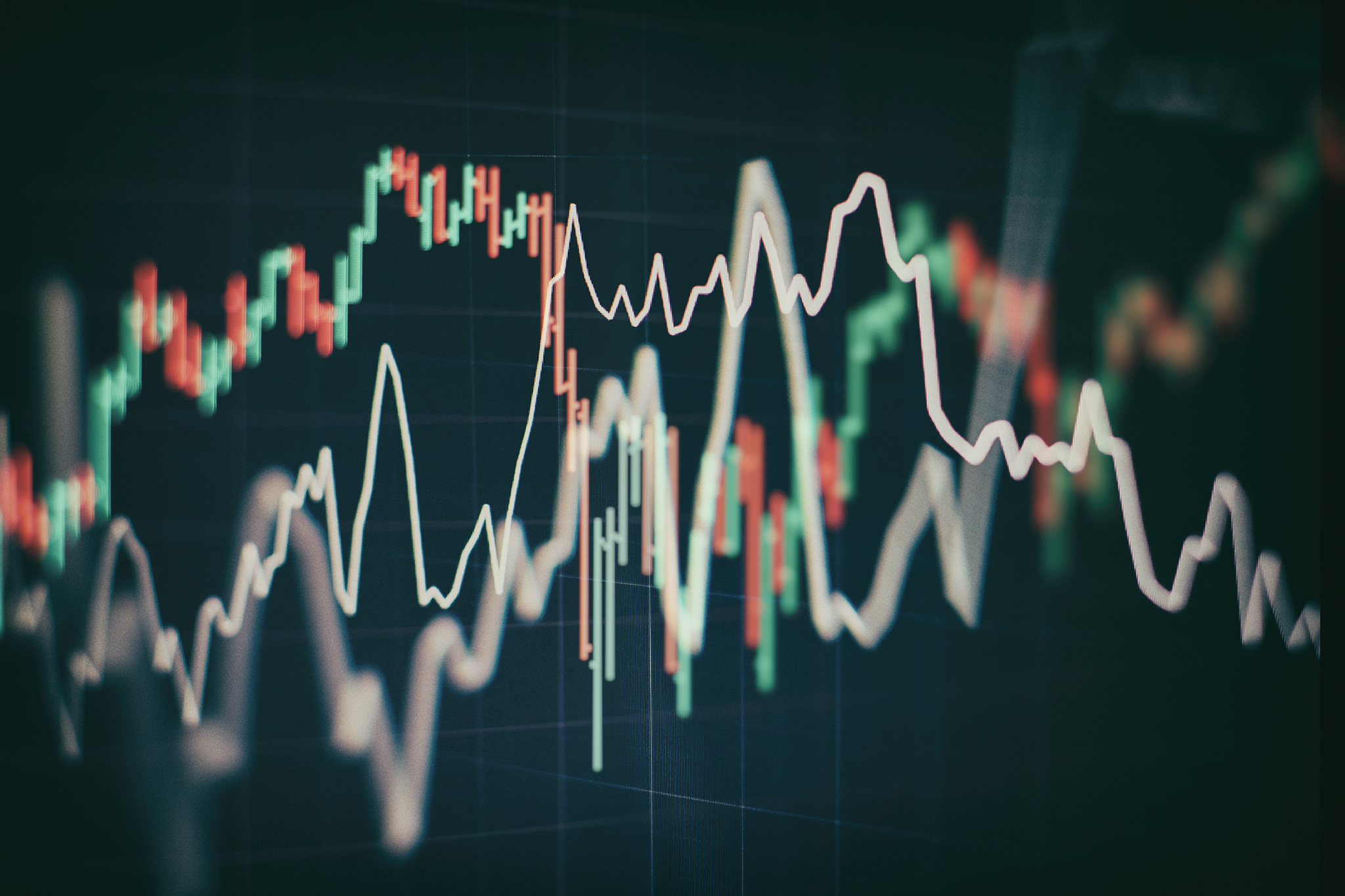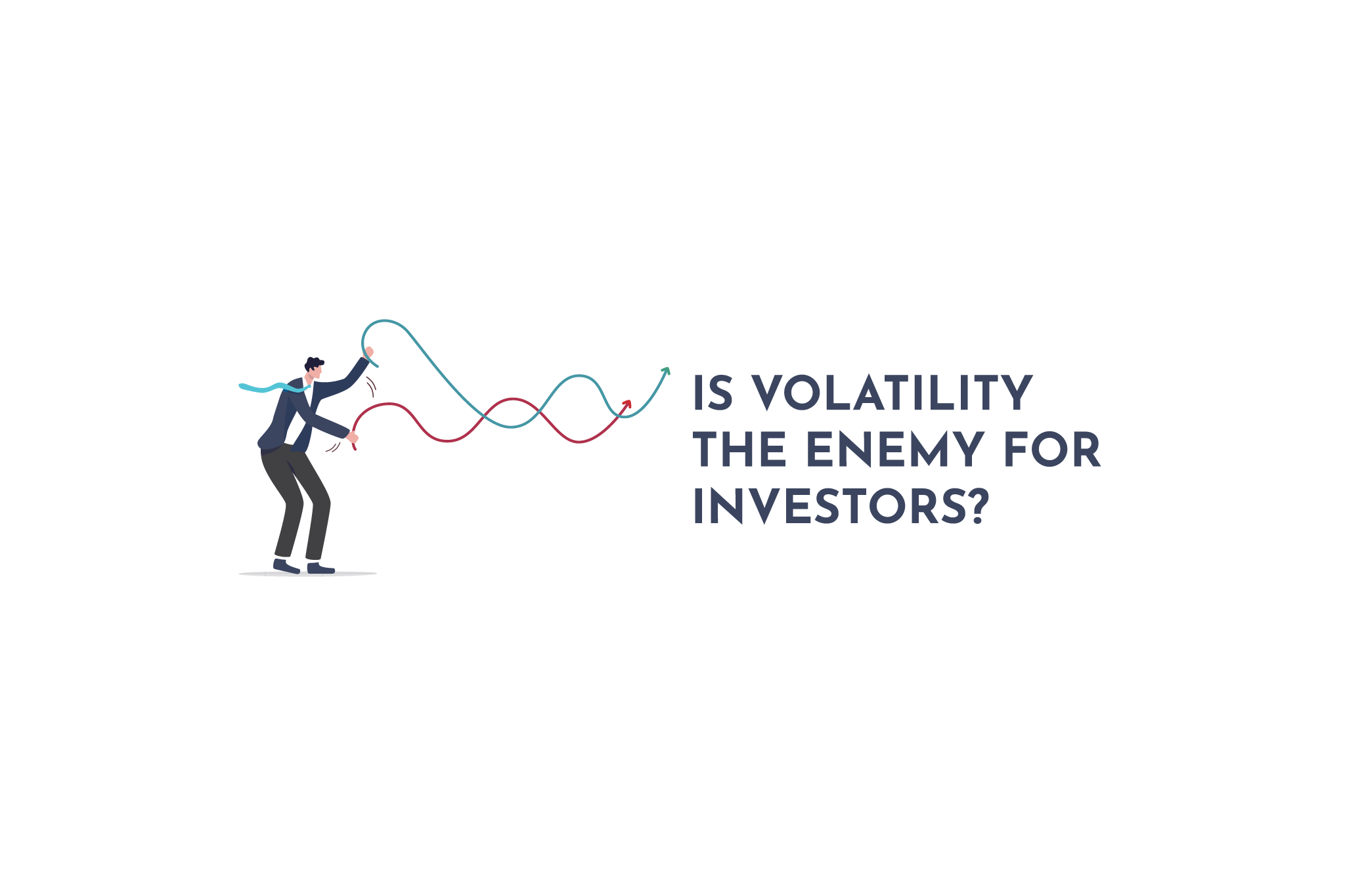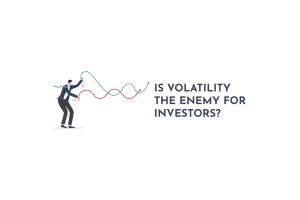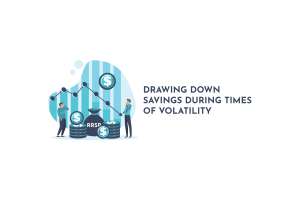We’ve been through a lot in the past few months. One comment from the White House can cause markets to plunge. Want proof? When the initial threat of tariffs was introduced in April 2025 by President Trump, more than $6 trillion in market capitalization was lost in just two days. Here’s an interesting fact that wasn’t reported with the same emphasis as the market drop: by just after mid-May, all those losses had been recovered.
We are currently in a period of history facing many seemingly unprecedented challenges. The leader of the world’s economic engine appears to relish the turmoil he is creating. This creates panic among regular investors who see their investment plans fluctuate wildly from one day to the next, causing more ulcers than you would like to count.
At the end of all this, it leads me to ask: Is volatility your enemy as an investor? Let’s take a moment to examine what has recently happened in the markets and see if we can determine whether you should worry about volatility or if it is effectively just white noise in investment markets.
In this article:
- How does Volatility Affect my Investments?
- Is it Volatility that Should Worry Me or Risk?
- The Importance of the FInancial Plan
- The importance of Time Horizons
- But I’m Losing Money! I Have to Do Something!
How does Volatility Affect my Investments?
When you look at an investment product and consider volatility, you are observing how much and how often the price of the investment moves. Volatility can be frightening for investors because it often involves unpredictable price movements that can be sharp and extreme. Investment managers use a measure called the standard deviation of an investment to assess its volatility. The higher the standard deviation, the more volatile the investment tends to be. However, volatility is difficult to predict because its causes can vary significantly. Some causes of volatility include:
- The Human Influence: This can range from changes in supply or demand to comments made by influential individuals or offices that trigger market reactions.
- Events Around the Globe: Natural disasters or significant conflicts worldwide can also trigger volatility.
- Changes in Attitude: Investors may shift how they view different economic sectors, or fundamental changes in the economy can provoke volatile responses.
Often, volatility is linked to periods when the world faces a large unknown factor. A good example is the onset of the COVID-19 pandemic. When the global pandemic initially hit, no one was sure what we were dealing with or how it would affect the global economy. This uncertainty caused swift, sudden drops in stock market values. As new information emerged about how the world was managing the situation, we then saw sudden increases in investment values. There was definitely volatility due to the unknown, but in the end, there was little negative long-term effect on investments.

Is it Volatility that Should Worry Me or Risk?
Aren’t they the same thing? It would seem that a volatile investment by definition would be a risky one as well, wouldn’t it? When thinking about the investment market, you often hear these terms used interchangeably, but there is a difference between them, and it is important to understand it. Volatility refers to short-term changes in the value of an investment. These changes often happen quickly and can go either way; sudden price increases or decreases are both examples of volatility. When an investment is described as volatile, it typically shows large variations in its value over short time frames, such as daily or monthly.
Risk is a different concept altogether. The definition of risk in investing is that the expected return will differ from the actual return. This includes the possibility that you may not get back what you initially invested. One of my favorite ways to describe the difference between risk and volatility is that a short-term drop in the value of your investments relates to volatility, while having to live with your kids in retirement because you don’t have enough money is a result of risk.
Understanding that, although these terms are often used interchangeably in the media, there is a fundamental difference between the volatility of an investment and its risk is important when building for the future.
The Importance of the Financial Plan
I know this topic comes up often in articles, but I cannot overstate the importance of having a financial plan and working with a financial advisor. Here’s one thing that working with an advisor can help you understand better. If you have ever made an investment, you have likely been asked to complete a risk tolerance questionnaire. You probably answered a series of multiple-choice questions designed to gauge how you would respond to a hypothetical loss in an investment. The problem is that people are generally poor at predicting how they will react to a negative situation when they are not actually experiencing the stress involved.
Do you know why firefighters train with live fires? It is because they need to learn how to respond when lives are at risk inside a burning building. Simply knowing what to do on a quiz is not enough. While this is an extreme example and lives are not at risk from investment losses, a similar logic applies when trying to figure out how you will respond to declines in your investments’ value. Without actually having money invested and witnessing its value decrease, you cannot truly know how you will react. You may understand that doing nothing or buying more is the sensible response, but it is only when you are confronted with a real situation that you will know for sure how you respond.
One of the best benefits of building a financial plan with an advisor is that they do not have the same emotional reactions to sudden drops in investment value that you might have. Your financial advisor is focused on helping you achieve your goals. Because they have a layer of separation from the money invested, they can more easily disregard the emotional aspects of market fluctuations. This allows them to guide you through the stomach-churning events that cause short-term market volatility.
If you do not have a financial plan and want to build one with a team that can help guide you through the volatility rollercoaster, reach out to Strata Wealth & Risk Management and talk to one of their advisors today!

The importance of Time Horizons
If I go back a few paragraphs and reexamine the difference between risk and volatility, I must admit there is a situation where they become very similar terms. That situation occurs when you are saving for a short-term goal. If you have a short time horizon, you do not have the luxury of riding out periods of increased volatility.
For example, consider someone who has saved money for the purchase of a house. That investor cannot really tolerate volatility because they need to be sure their savings will be available, and they have limited flexibility regarding when to sell their investment. In this case, a volatile investment is also a risky one.
Again, having a proper financial plan can help because you can identify your different goals and set up strategies tailored to each. Retirement? Short-term volatility is less of a concern. A major purchase coming up? Here, you may need to avoid potentially volatile investments to have more certainty that your savings will be there when you need them.
Time horizon plays an essential role in any investment decision. If you try to avoid volatility over the long term, such as with retirement savings, you may end up with lower-returning investments and miss out on the growth needed to achieve your goal. Do not let short-term factors like volatility draw too much of your attention when you have long-term goals.
But I’m Losing Money! I Have to Do Something!
This is a very common response during periods of high volatility. This is an area where your financial plan and relationship with your advisor should take over. Your advisor will remind you that you chose your investments for a reason. Unless there is a fundamental change in your goals, you do not need to alter your investment plan due to volatility.
When considering volatility, you need to look at the source. If it is an external factor, such as a global pandemic or a threat of tariffs from the White House, remind yourself that the fundamental principles of the companies and funds you are invested in have not changed. Sure, the value may have dropped, but not because of an actual issue with the investment. Instead, it is an emotional response to uncertainty.
Remember that this type of volatility has always corrected itself, and it typically does not take long. Choosing to do anything other than buy more when values drop is likely to harm your plans in the long run. I understand that seeing less money in an investment today than yesterday makes you feel uneasy and like you have to act. The best course of action I suggest is to call your advisor and talk to them. They can remove the emotion from your response and guide you toward what has been the solution to every period of high volatility in the history of investment markets: stand pat, and this too shall pass.




